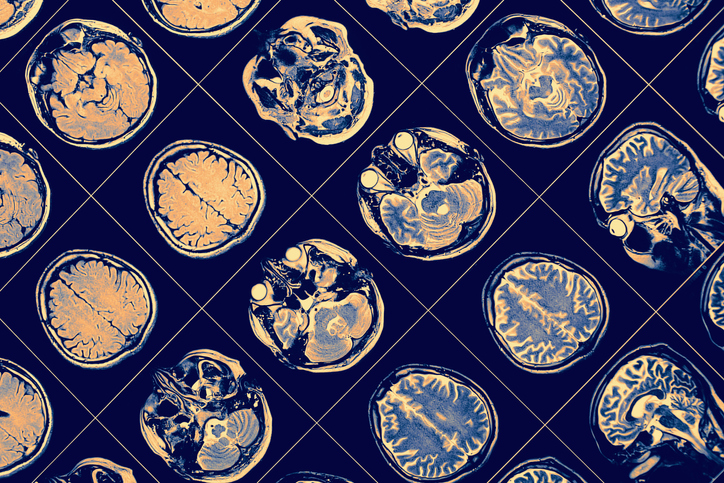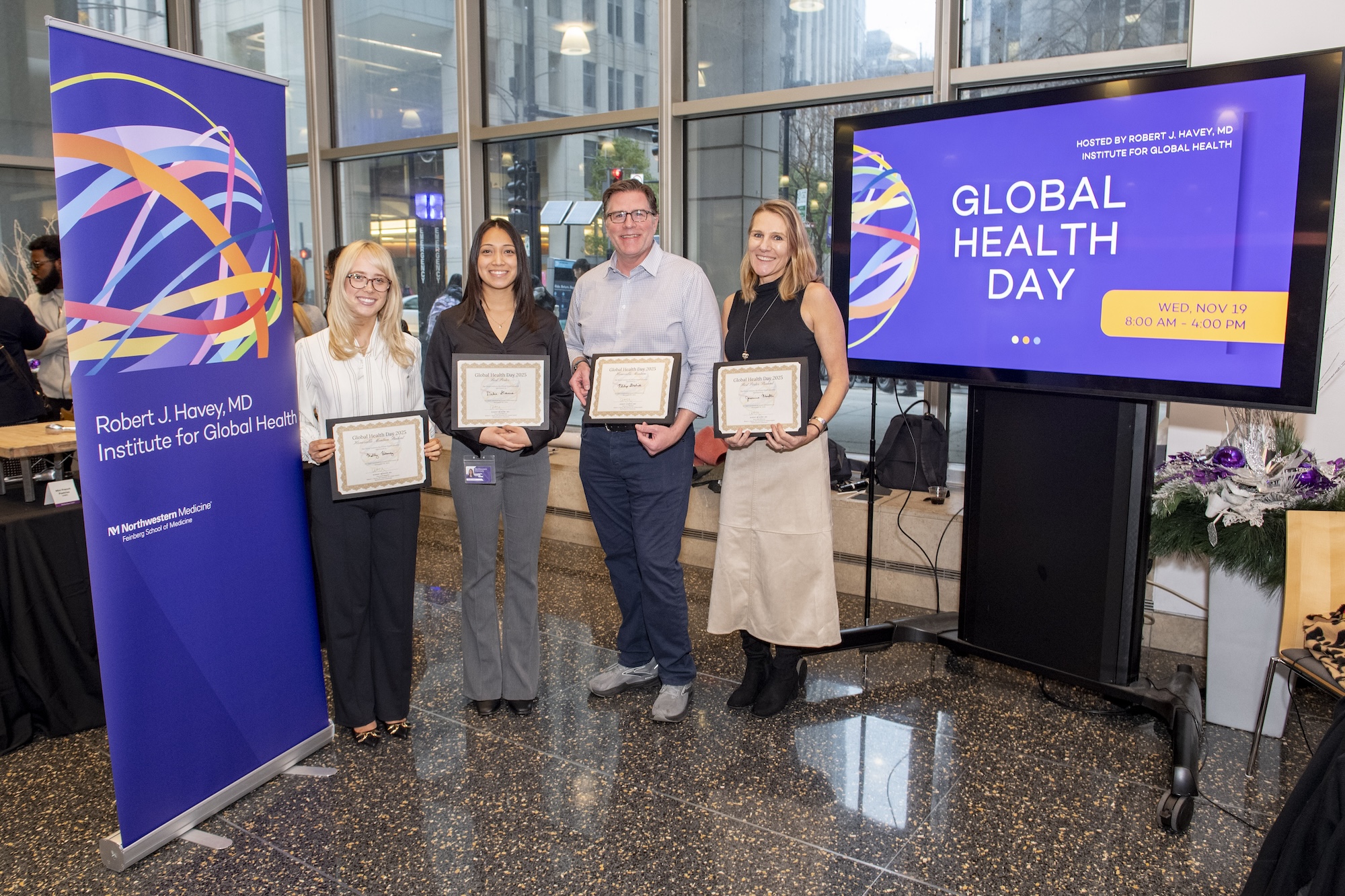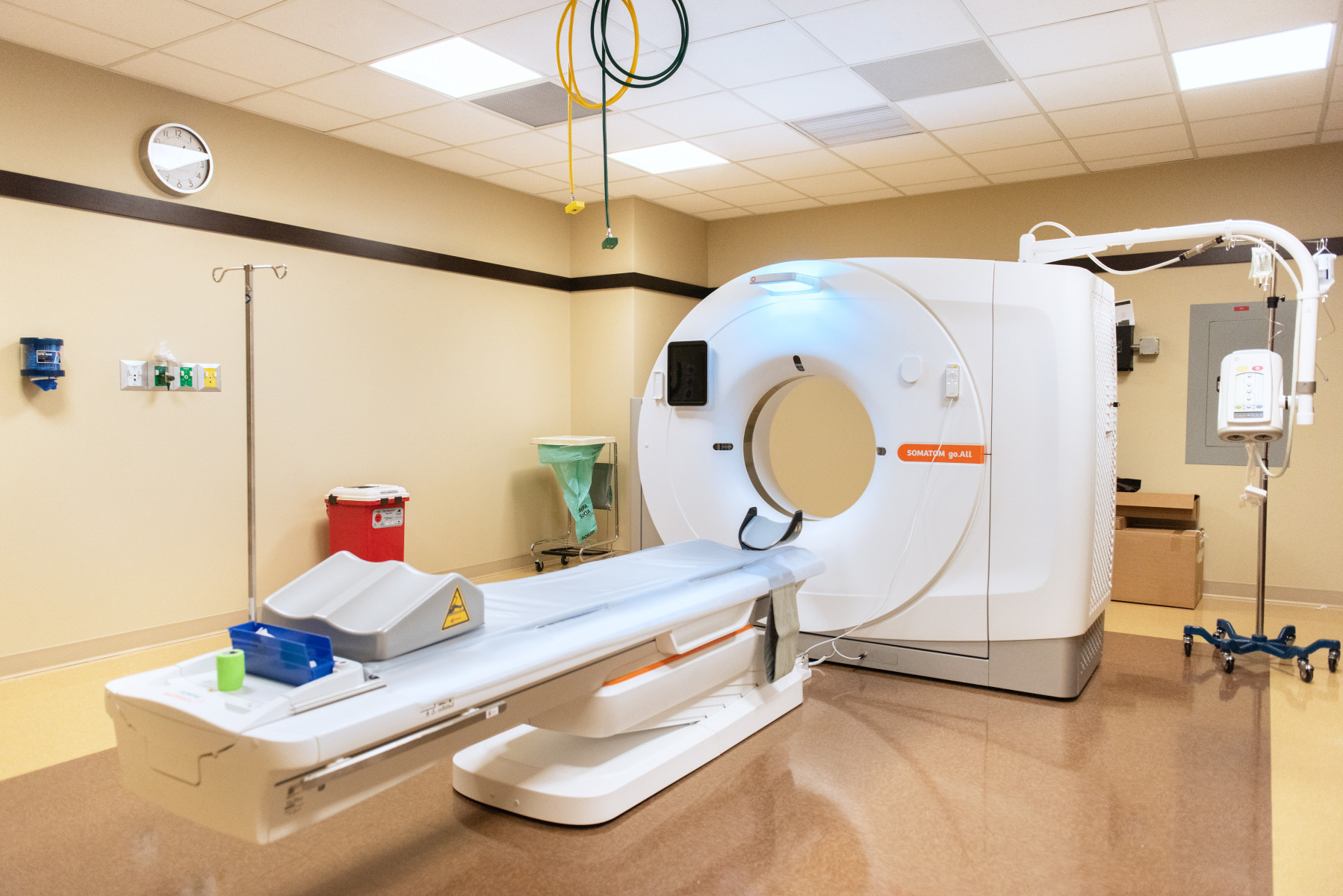Media Coverage
The work done by Northwestern University Feinberg School of Medicine faculty members (and even some students) is regularly highlighted in newspapers, online media outlets and more. Below you’ll find links to articles and videos of Feinberg in the news.
-
Chicago Tribune
–
Confused about outdoor dining? Here’s a breakdown of the rules and safety guidelines.
“(Outdoor dining) is definitely safer than indoor dining,” wrote Robert Murphy, executive director of Northwestern University’s Institute for Global Health and a professor of infectious diseases at the Feinberg School of Medicine, in an email. “The issue is who you are dining with because you will be pretty close while you eat. The more air movement, the better.”
-
U.S. News & World Report
–
Tackling Dangerous Drug Shortages
Despite these setbacks, research continues on other potential COVID-19 therapies, like remdesivir, first formulated to treat Ebola, which was given emergency use authorization by the FDA for those with “severe COVID-19” in May. “We’re targeting a number of different proteins the virus needs for replication,” says Karla Satchell, a microbiologist at Northwestern University Feinberg School of Medicine in Chicago and a lead scientist for a team helping develop drugs to combat COVID-19. “We’re screening all of these drugs for their ability to stop the virus.”
-
NBC Nightly News
–
Coronavirus spreading rapidly in Midwest
[VIDEO – with Khalilah Gates, MD] A new CDC report finds it takes less than 15 minutes of close contact with people confirmed to have the virus over a 24-hour period to become infected.
-
WGN 9
–
Researchers investigating COVID-19 risk in LGBTQ community
Northwestern psychologist Dr. Brian Mustanski has been working with the LGBTQ community for his entire career. Now, he’s leading a study funded by the National Institutes of Health. “We’re now honing in on young gay and bisexual men and transgender women as a particular population to look at rates of infection with COVID,” he said.
-
WTTW News
–
COVID-19 ‘Long-Haulers’: Symptoms Persist for Some Patients
“You can imagine that those interfere with an individual’s ability to get back to their life and get back to work,” said Mercedes Carnethon, an epidemiologist and vice chair of preventive medicine at Northwestern University Feinberg School of Medicine. “The prolonged nature of these symptoms are gonna lead to prolonged determinants in an individual’s quality of life.”
-
WBEZ
–
Gov. JB Pritzker Blames Trump And Pandemic Fatigue For The State’s Recent Surge In Cases
Dr. Robert Murphy, a professor of medicine and infectious disease at Northwestern University’s Feinberg School of Medicine, said lifting even more restrictions would be disastrous right now. “Everybody is tired of it,” Murphy said of the pandemic. “And so you have that pressure to just open up, and that’s just going to make everything worse. And from an epidemiological standpoint, I can’t support that. And I can’t recommend that. It’s a big mistake. Every time you do that, you pay with a life. You’re going to kill somebody.”
-
Fox News
–
Facebook reversing ban on ad that claimed Biden-Harris supports ‘abortion up to the moment of birth’
“[I]t’s a boogeyman abortion opponents have created to frighten voters and derail rational conversation about constitutional rights,” said Katie L. Watson, a professor at Northwestern’s Feinberg School of Medicine. “Nobody ‘supports’ it, and nobody does it. No patient ever asks a physician to end her pregnancy ‘the moment before birth,’ and no physician would agree to do it.
-
NBC News
–
With the holidays coming, Covid cases likely to surge during ‘six weeks of superspreader events’
“It’s not just places like Alaska or Idaho where winter comes early,” said Dr. Sadiya Khan, an epidemiologist at the Northwestern University Feinberg School of Medicine. “It could even be places like Chicago where gatherings move indoors as the weather gets colder. It doesn’t have to be super cold. It just has to be cold enough you don’t want to be outside.” While Europe is now being battered by the second wave of pandemic infections, “we never got out of the first wave,” Khan said.
-
Chicago Tribune
–
COVID-19 numbers are rising in Illinois. How worried should the Chicago area be?
“In the other regions this is absolutely not the case,” said Jaline Gerardin, a Northwestern University assistant professor of preventive medicine who works with the state on virus modeling. “They’ve had a substantial second wave, about as large or larger than their first and in some regions still on the upswing,” she said.
-
USA Today
–
COVID-19 cases in US grow at a speed not seen since July, the summer peak
Mercedes Carnethon, vice chair of preventive medicine at Northwestern University Feinberg School of Medicine, encouraged people to wear masks and maintain social distance into the fall and winter. “We have to sustain this level of vigilance at this time, and it’s very hard over the holidays,” she said. “As I think about not seeing my family, it’s really hard. But that chance can be a real gamble – almost a Russian roulette.”






